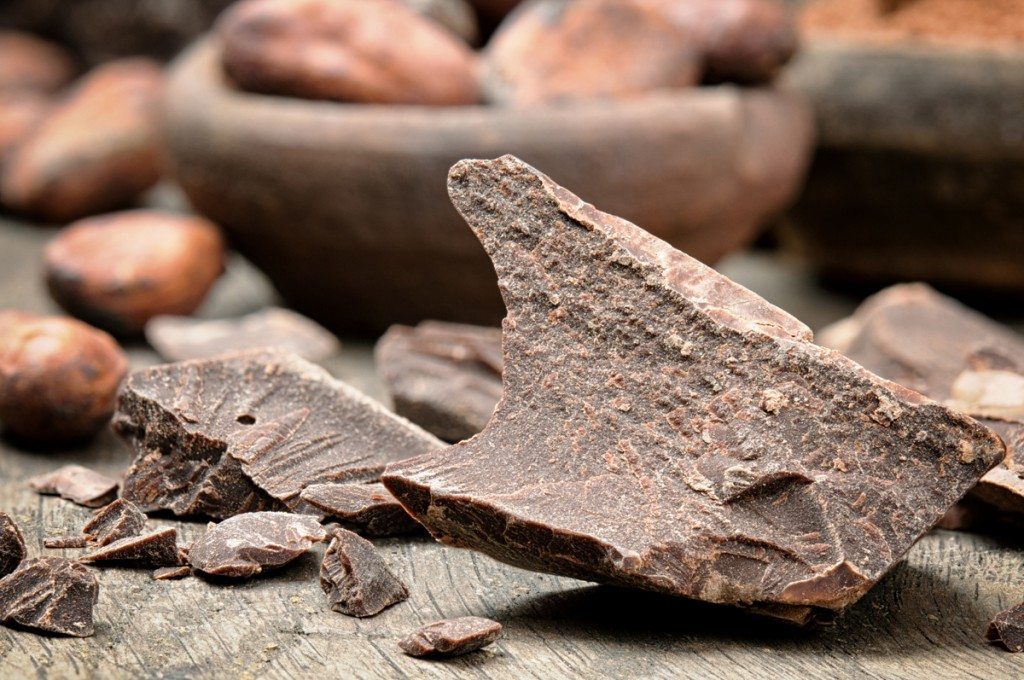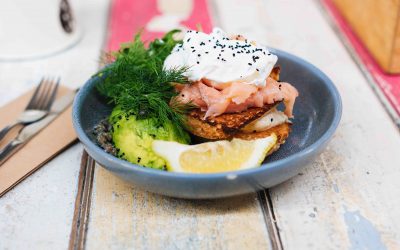by Navin Arden-Wood
Even though this article is about choosing foods with greater nutrient value, I really can’t talk about healthy food without first mentioning healthy ways to eat them. Eat with awareness, joy and appreciation. Observe and remember what is good about the meal and let go of anything that might not be optimal.
Alkalinity in the body starts with alkaline thoughts. Alkaline thoughts are the ones that make you feel good. Gratitude, appreciation, love and joy are at the top end of alkaline thoughts. Having these sorts of thoughts towards your food, and while eating, can have an amazingly positive effect on your health, vibrancy, overall energy and longevity.
The ratio between protein, fats and carbohydrates per meal is critical. The best works on this subject – for the last 25 years – are the books by Dr Barry Sears on what he calls ‘The Zone’. Enter the Zone, his first book, was based on Nobel Prize-winning research into the actions of food on hormones – and therefore everything else.
Six smaller meals, rather three larger meals, appears to be better for most people for a number of good reasons, including better blood sugar and insulin regulation, easier on the digestive system and constancy of metabolism – all great for weight management and improved energy.
OK, now for the actual foods. This is in no way an exhaustive list, but it’s a good start! Assume:
- fresh (not frozen)
- local (not imported)
- organic, biodynamic or at least free range
- whole (not extract)
Vegetables
All of them, but limit those with a high Glycemic Index eg. potato. Really good ones include kale, spinach, broccoli, beetroot, celery and carrot. Go for lots of colours.
Proteins
Calf liver, beef, lamb, eggs, fish, chicken, turkey and high quality whey.
Fats
Cooking – butter, coconut oil, ghee, rice bran oil.
NOT to be cooked, but great cold – extra virgin olive oil, avocado, lecithin.
Fats are the most complex macro nutrient, but a couple of simple rules are to avoid trans-fats and increase your consumption of omega-3s. Check out the fantastic research articles by Sally Fallon from the Weston A Price Institute on the web for clear and in-depth information about the many benefits of fats.

Fruit
Most of them, but in moderation, as they tend to be high glycemic. They are particularly useful before and/or after exercise.
High Nutrient Density Grains
Spelt, millet, amaranth, quinoa and any grain sprouted!
Refined sugars and refined grains are among the worst things you can feed your body. Avoid them as much as possible.
Nuts and Seeds
All of them in moderation. They must be raw and stored in airtight, cool containers as their oils are volatile. Good ones include hemp, flax, sunflower, pumpkin seeds, almonds, macadamias and walnuts.
Superfoods
Cacao
Maca
Goji, acai and other berries in general
Spirulina
Wheat/barley grass
Therapeutic Tasty Additions
Savoury – sea salt, vege salts (herbamare), turmeric, cayenne, balsamic vinegar (a good aged one), all herbs, garlic, onion, ginger
Sweet – raw unheated honey, black strap molasses, rapadura/panella, cinnamon
Cultured Foods
Kefir, yoghurt, sauerkraut, anything properly cultured/fermented, natto, organic brown rice, miso
Great Detoxification Agents
Apples (for pectin), pears, beetroot, parsley, coriander, zeolite and psyllium.
Supplements (as these are difficult to get in food in good quantities)
Magnesium
Omega-3s
Probiotics
CoQ10
2 Simple Examples
Super high nutrient density shake – clean filtered water, pure whey protein concentrate, lecithin, kefir/yoghurt, cacao, maca, acai, raw honey, molasses, cinnamon.
Super high nutrient density snack – soft white cheeses (especially by Paesanella) or fresh goats cheese (eg. by 180 Acre) on toasted spelt wholegrain sourdough (by Sonoma) topped with a little sugarless jams (eg. St Dalfours).
Wrapping it All Up
To paraphrase the brilliant Dr James Chestnut, wellness is not dependant on luck, genes or germs, it’s all about how we eat, move and think.
The trick is to start incorporating a little of this stuff into your routine and notice how you feel, then gradually add more and more of them into the mix. You’ll find that cravings for not-so-good foods reduce as your body gets more of what it really requires.
Eat with appreciation. Have five or six smaller, but more nutrient-dense, tasty meals throughout the day, ensuring protein and good fats are present in each meal. It’s better to have a whole cheat day of eating as much bad food as you want, than to have a little cheat meal once a day.
Exercise regularly in a variety of ways. Make it high intensity for short periods of time (10 to 30 minutes). High intensity means you go as fast and hard and heavy as you can, without sacrificing correct biomechanics. Stay safe!
Learn and practice ways to manage stress and have fun! This one cannot be overstated.
It’s all about progression, not perfection. Tending towards this way of wellness would see a gradual improvement in all biological markers of cellular health, longevity and vitality.
Resources
Nourishing Traditions by Sally Fallon & Mary Enig
Enter the Zone by Dr Barry Sears
Protein Power by Dr Michael Eades
The Primal Blueprint by Mark Sisson
Biology of Belief by Dr Bruce Lipton
Check out the fantastic research articles by Sally Fallon from the Weston A Price Institute on the web for clear and in-depth information about the many benefits of fats.

















